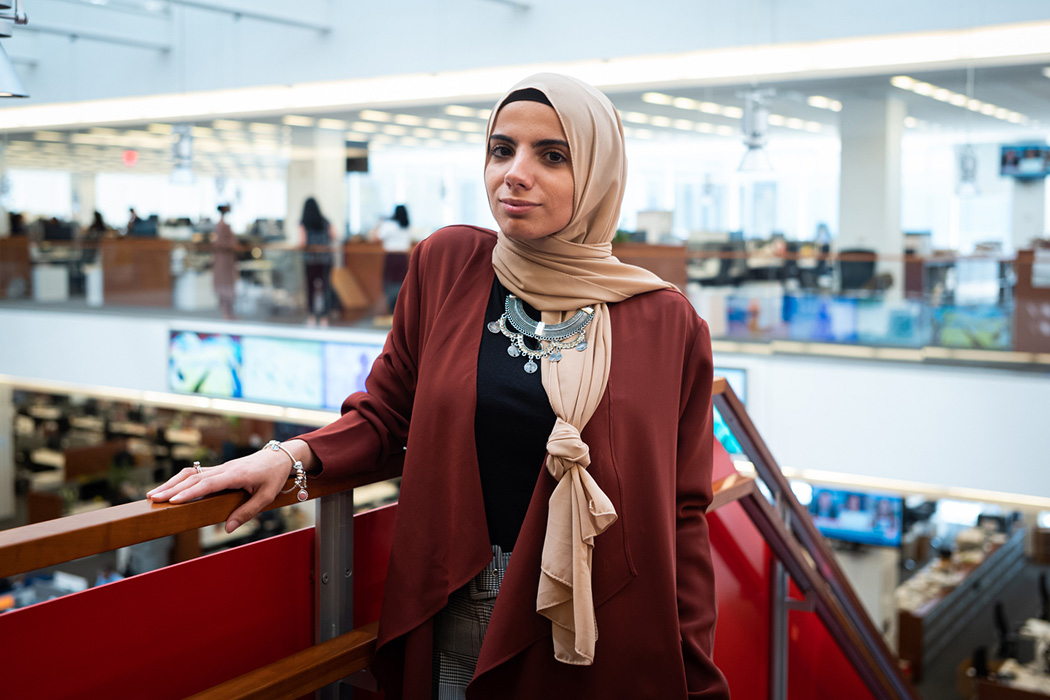For Muslim Students, an Early Ramadan Means Fasting During Exams
For the next 20 years, because of the calendar, Muslim students across high school and college campuses are going to have to balance fasting for Ramadan and the rigor of the academic year. Fortunately, their schools know how to accommodate them.


